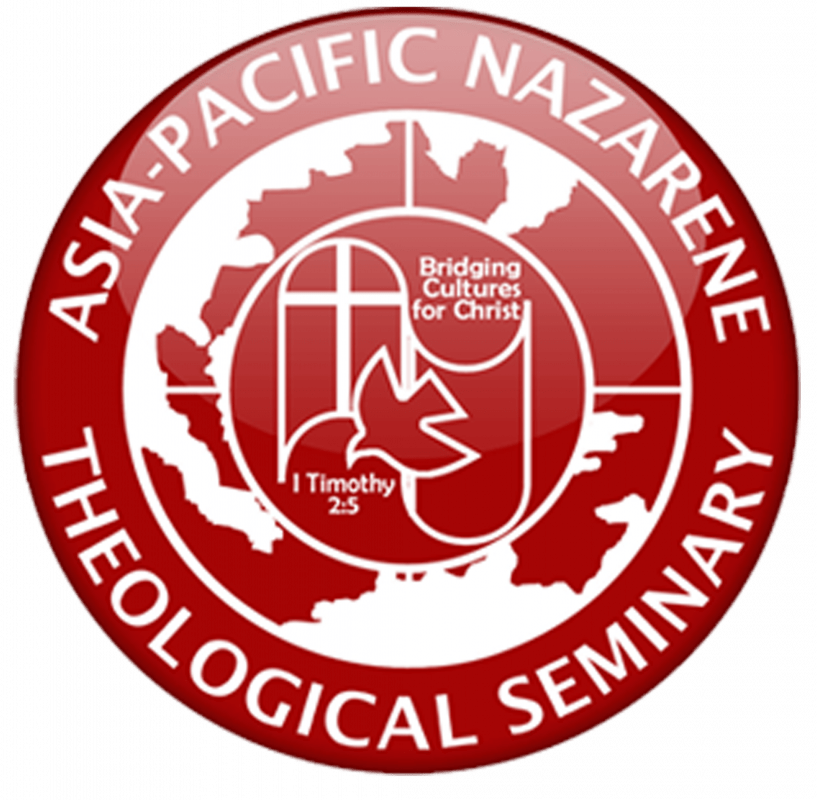- Resource Types
- Resource Languages
- Institutional Repository
 Visit the home page
Visit the home page
About Site Language
WHDL is viewable in multiple languages. Use the pull-down menu to select a language to view the site.
I changed my language, but I’m still seeing resources in the other languages?
If a resource or text has not been translated into your selected language, it will appear in the initially added language. We are always looking for help translating these resources. If you can help, contact us!
WHDL - 00013487


This study seeks to answer the main question: what are the experiences of the selected children in the Northern Philippine Conference of the Free Methodist Churches in light of their social media apps usage? This study looked at the online experiences of children in using the internet focused on social media apps such as Facebook and Messenger. In understanding children’s online experiences, this study considered three categories such as: online skills, online risks and well-being of children. This study is guided by Sonia Livingstone’s Framework, namely, the “Online Processes Mediating Child Well-being and Rights in the Digital Age.” The framework is used to help understand children’s online experiences and how it may affect their well-being and rights. This current research was conducted among selected children ages 11 to 17 in the NPC of FMC. The design of this research is descriptive using mixed methods: quantitative and qualitative. Nonprobability purposeful sampling (criterion-based selection) was used because criteria were set forth in choosing the respondents of this study. This study used two data gathering instruments: survey and interview. Both the survey questionnaire and interview guide questions were adapted and with permission from the Global Kids Online research. The actual survey questionnaire (Tagalog version) was administered among 44 selected children in NPC of the FMC using Google Forms. From the 44, five participants were interviewed using semi-structured, open-ended questions via Zoom videocalls. The data-gathering procedures were done from October to December 2020. This study used nonparametric statistical Chi-square test in treating the gathered data. Based on the gathered data, children had positive and negative experiences in using the internet. The respondents attested that the use of internet (especially social media apps) had helped them in their education, gave way to communicate with people (family, friends, classmates, etc.) online, caused them to learn new things, and allowed them to have leisure time. In contrary, they themselves revealed that the use of internet (especially social media apps) exposed them to hurtful online behavior such as cyberbullying and sexual grooming, sexual risks such as seeing and receiving explicit images and videos, and negatively affected their well-being through bad eating habit (forgetting to eat) and by being addicted (high screen time) in using social media apps and online games. Hence, the use of internet creates opportunities to children, but it also situates the children at risk. In this light, recommendations to the respondents (the children), to the parents, and the church were crafted based on the findings and conclusions of this study. There are specific issues that came up in the current research but were not dealt with because of the focused design of the thesis. Thus, the following are some research topics that are recommended for further scrutiny: 1. Impact study on the effects of online games on the well-being of children; 2. Phenomenological study on online sexual exploitation of children and its implications to family communication patterns and parental mediation; and 3. The perceived effects of COVID-19 on the frequency of online usage of children.
Copyright statement is available in the library.
13 Resources
This collection contains the theses in fulfillment of the degree of Master of Arts in Christian Communication at Asia-Pacific Nazarene Theological Seminary.
2016
2014
2017
2017
2019
1989
2023
2020
2021
2025
2022
2018
2018
2010